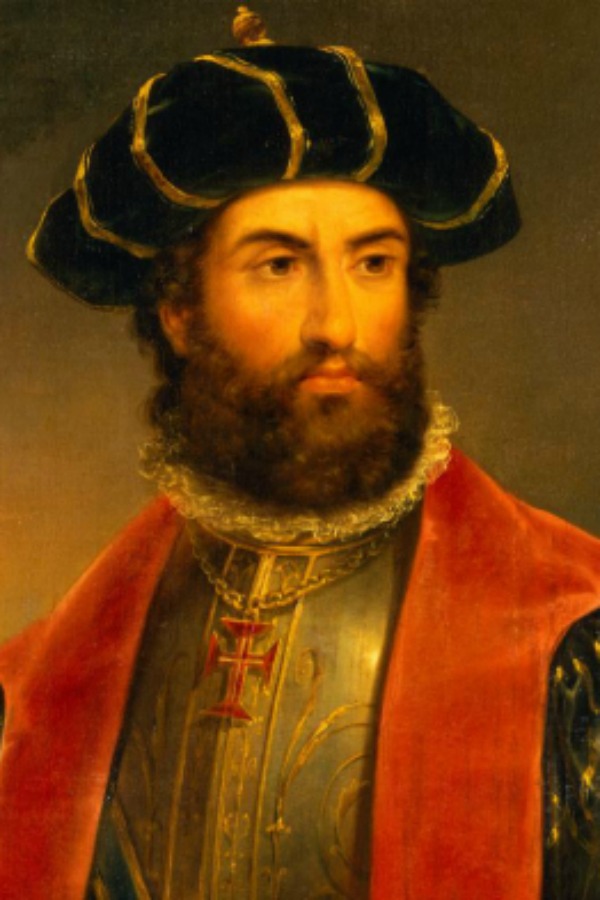

Portuguese explorers solved this problem by taking to the sea: They sailed south along the West African coast and around the Cape of Good Hope.īut Columbus had a different idea: Why not sail west across the Atlantic instead of around the massive African continent? The young navigator’s logic was sound, but his math was faulty. The route was long and arduous, and encounters with hostile armies were difficult to avoid. He also began to hatch the plan that would change the world forever.Īt the end of the 15th century, it was nearly impossible to reach Asia from Europe by land. The boat sank, but the young Columbus floated to shore on a scrap of wood and made his way to Lisbon, where he eventually studied mathematics, astronomy, cartography and navigation. He remained at sea until 1476, when pirates attacked his ship as it sailed north along the Portuguese coast. When he was still a teenager, he got a job on a merchant ship.

Early Life and NationalityĬhristopher Columbus, the son of a wool merchant, is believed to have been born in Genoa, Italy, in 1451. Other European nations, particularly Spain, were eager to share in the seemingly limitless riches of the “Far East.” By the end of the 15th century, Spain’s “ Reconquista”-the expulsion of Jews and Muslims out of the kingdom after centuries of war-was complete, and the nation turned its attention to exploration and conquest in other areas of the world. In fact, scholars argue that the idea is almost as old as the idea that the Earth is round. Starting in about 1420, small Portuguese ships known as caravels zipped along the African coast, carrying spices, gold and other goods as well as enslaved people from Asia and Africa to Europe.ĭid you know? Christopher Columbus was not the first person to propose that a person could reach Asia by sailing west from Europe. The Portuguese were the earliest participants in this “ Age of Discovery,” also known as “ Age of Exploration.” Christopher Columbus and the Age of Discoveryĭuring the 15th and 16th centuries, leaders of several European nations sponsored expeditions abroad in the hope that explorers would find great wealth and vast undiscovered lands.


 0 kommentar(er)
0 kommentar(er)
